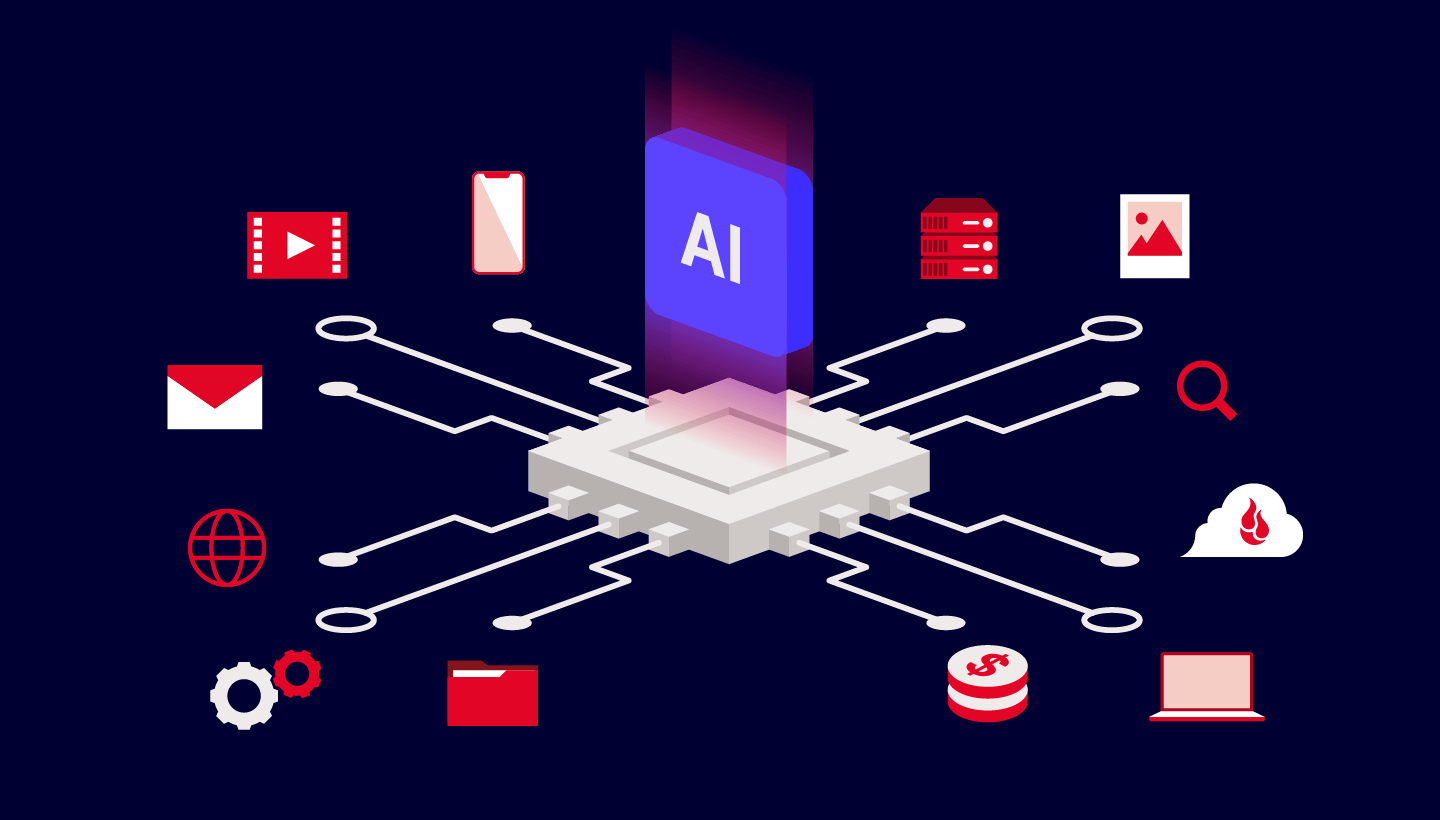Introduction
The hospitality and real estate industries are undergoing a transformative evolution driven by the rapid adoption of Artificial Intelligence (AI). With the global economy leaning towards data-driven decision-making, AI has emerged as a tool in optimizing operations, enhancing customer experiences, and ensuring sustainable growth in hospitality real estate planning. Whether it’s identifying prime locations for development, predicting market trends, or personalizing guest experiences, AI’s potential to reshape traditional methodologies is unparalleled.

Understanding Hospitality Real Estate Planning
Hospitality real estate planning involves strategically developing and managing properties designed to serve travelers and guests, such as hotels, resorts, and serviced apartments. This complex process requires a nuanced understanding of market demands, financial feasibility, and operational logistics. Historically, developers and planners relied on manual research and intuition. However, AI redefines this process by enabling more accurate predictions and efficient workflows.
The Integration of AI in Site Selection
Data-Driven Location Analysis
One of the most critical aspects of hospitality real estate planning is choosing the correct location. AI-powered tools can analyze vast datasets, including demographic trends, local infrastructure development, and competitive landscapes. Machine learning algorithms identify patterns that indicate promising areas for investment, significantly reducing the risk of poor site selection.
Predictive Analytics for Market Trends
AI leverages predictive analytics to forecast market trends, such as future tourist hotspots or seasonal demand fluctuations. By analyzing historical and real-time data, planners can make informed decisions that align with long-term profitability.

Enhancing Design and Development
Smart Design Optimization
AI tools like generative design software allow architects and developers to create innovative, efficient building layouts. These tools simulate various design scenarios, optimizing energy efficiency, space utilization, and guest comfort.
Sustainability and Green Building
Sustainability is a growing concern in hospitality real estate. AI helps identify eco-friendly materials and optimize energy systems, ensuring compliance with green building standards. Smart sensors and AI-driven building management systems further enhance operational sustainability by monitoring energy usage in real-time.
Personalizing Guest Experiences
Customizing Services
Modern travelers expect personalized experiences, and AI helps hospitality providers deliver. From customizing room settings to predicting guest preferences, AI-driven platforms use data to create tailored experiences. This personalization increases guest satisfaction and loyalty, directly impacting the financial success of a property.
Chatbots and Virtual Assistants
AI-powered chatbots and virtual assistants streamline communication between guests and management. They handle inquiries, provide recommendations, and even manage bookings, enhancing guests’ convenience while reducing staff workload.

AI in Financial Modeling and Risk Management
Streamlining Budgeting and Cost Control
AI enables real-time financial modeling, helping developers manage budgets more effectively. AI ensures financial discipline throughout the project lifecycle by identifying cost-saving opportunities and forecasting potential overruns.
Risk Mitigation
AI algorithms can identify potential risks in development projects, such as regulatory challenges or fluctuating material costs. Early identification of these issues allows planners to implement proactive solutions, minimizing disruptions.
Marketing and Revenue Management
Dynamic Pricing
AI has revolutionized revenue management in the hospitality industry by enabling dynamic pricing strategies. These algorithms analyze demand patterns, competitor pricing, and other market factors to optimize room rates, maximizing revenue.
Targeted Marketing Campaigns
AI-driven marketing tools segment audiences and predict consumer behaviors, allowing businesses to craft highly targeted campaigns. This ensures higher conversion rates and an improved return on investment.
AI in Enhancing Property Management and Maintenance
AI is crucial in optimizing property management and maintenance for hospitality real estate. With the help of AI-driven systems, real estate managers can monitor the property’s health in real time. For instance, smart sensors installed throughout the building will track everything from temperature and humidity to equipment performance, alerting managers to potential issues before they become costly problems. Powered by AI, predictive maintenance allows property managers to proactively schedule repairs or replacements, preventing expensive breakdowns and improving guest satisfaction.
Additionally, AI systems can automate routine tasks such as managing bookings, allocating rooms, and tracking guest requests, ensuring smooth operations. AI can also assist with cleaning and housekeeping by scheduling tasks based on guest occupancy patterns and room usage, maximizing efficiency and minimizing downtime.
The integration of AI in property management not only minimizes operational costs but also enhances the overall guest experience. For example, AI can predict the ideal room temperature based on guest preferences or adjust lighting automatically to create a comfortable atmosphere. The future of property management in hospitality real estate will increasingly rely on AI-driven systems to ensure streamlined operations and superior guest service, making these technologies indispensable for modern hospitality businesses.

The Role of AI in Hospitality Real Estate Investment and Funding
AI is also transforming how investments and funding are approached in the hospitality real estate sector. By utilizing AI-powered analytics, investors can make more informed decisions regarding potential returns on investment (ROI), risk factors, and market conditions. AI algorithms will process large amounts of financial and market data to generate detailed projections, helping investors evaluate whether a particular project or location aligns with their investment goals.
Moreover, AI will assist in identifying emerging trends, such as shifts in traveler preferences or untapped markets, enabling investors to spot opportunities that might otherwise be overlooked. AI helps investors reduce the uncertainty and risks traditionally associated with large-scale hospitality investments by predicting a project’s profitability based on historical data and market dynamics.
On the funding side, AI is improving how hospitality real estate projects are financed. AI-driven platforms facilitate the process by assessing financial viability and streamlining the application and approval of loans and investments. These advancements in AI enable more intelligent decision-making and open new avenues for capital raising, creating an accessible and efficient investment landscape for stakeholders in the hospitality real estate sector.
Challenges of Implementing AI in Hospitality Real Estate
Data Privacy Concerns
AI requires enormous amounts of data, raising concerns about privacy and security. Businesses must ensure compliance with data protection regulations to build customer trust.
High Initial Costs
Although AI offers long-term benefits, the initial implementation costs can be prohibitive for smaller enterprises. Investments in AI technology, infrastructure, and training require careful financial planning.
Skill Gap
Integrating AI demands a workforce skilled in data analysis, machine learning, and AI tool management. Bridging this skill gap remains a challenge for many organizations.

The Future of AI in Hospitality Real Estate
As AI continues to evolve, its applications in hospitality real estate planning will expand. From predictive maintenance systems that prevent costly repairs to virtual reality simulations for prospective investors, the future promises even greater efficiency and innovation. Moreover, AI ethics and regulation advancements will address current challenges, fostering broader adoption across the industry.
Frequently Asked Questions(FAQs):
What is the role of AI in hospitality real estate planning?
AI is pivotal in streamlining site selection, market trend prediction, personalized guest experiences, and dynamic pricing. It enhances efficiency, reduces risks, and drives sustainable growth.
How does AI improve site selection for hospitality projects?
AI analyzes large datasets to identify prime locations by considering demographics, infrastructure, and market demand. This ensures informed decision-making and reduces investment risks.
Can AI contribute to sustainability in hospitality real estate?
AI supports sustainability by optimizing building designs, recommending eco-friendly materials, and managing energy consumption through smart systems.
What are the challenges of adopting AI in this sector?
Key challenges include high initial costs, data privacy concerns, and a need for more skilled professionals to manage AI systems.
What is the future of AI in hospitality real estate planning?
The future includes advancements in predictive analytics, virtual reality for investor presentations, and more robust ethical frameworks to address data privacy issues.
How does AI personalize guest experiences in hospitality real estate?
AI personalizes guest experiences by analyzing data from past interactions, preferences, and behaviors. It can tailor room settings, recommend services, and provide personalized offers, enhancing guest satisfaction and fostering loyalty.
What role does AI play in financial modeling for hospitality real estate projects?
AI helps streamline financial modeling by offering real-time budgeting tools and cost optimization strategies. It can predict potential economic risks, suggest cost-saving measures, and ensure efficient resource use during the development and operational phases.
How does AI assist in revenue management for hospitality properties?
AI enables dynamic pricing by analyzing demand, competitor rates, and market conditions. This allows hotels and resorts to adjust room prices in real-time, maximizing revenue while maintaining competitive pricing strategies.
Can AI improve operational efficiency in hospitality real estate management?
Yes, AI can significantly improve operational efficiency by automating routine tasks, managing resources, and providing insights into operational performance. For instance, AI-powered systems can handle maintenance schedules, optimize staffing levels, and monitor energy usage, leading to cost savings and improved guest service.












